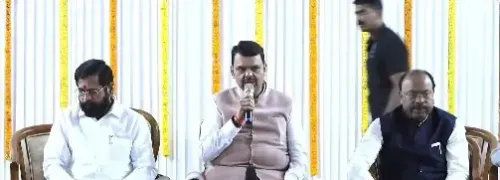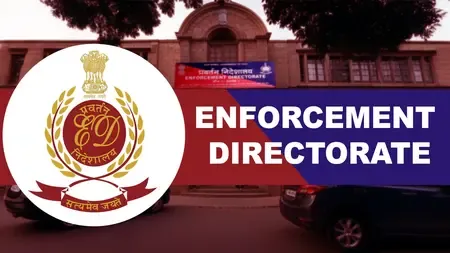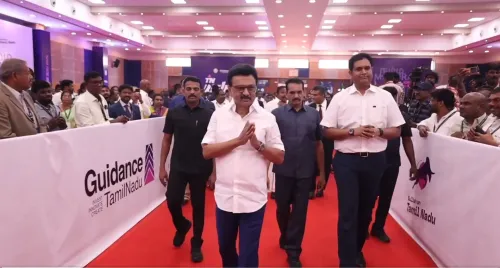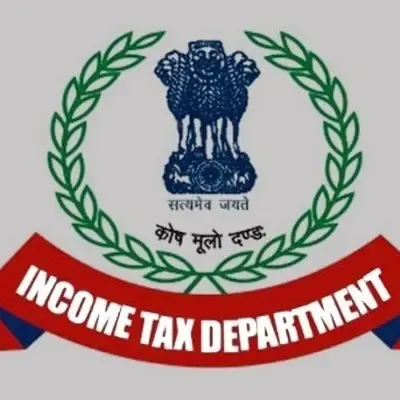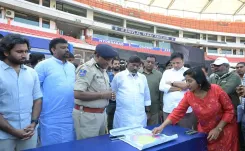PM Modi Honors Karpoori Thakur's Legacy and Ideals
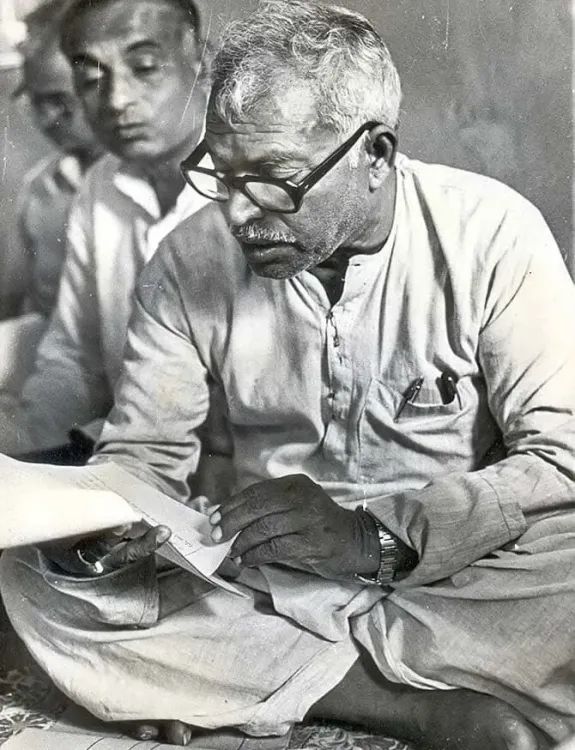
Synopsis
Key Takeaways
- Prime Minister Modi paid tribute to Karpoori Thakur on his 101st birth anniversary.
- Thakur dedicated his life to social justice and empowerment.
- He abolished the English language requirement in high school exams to promote education.
- Karpoori Thakur was a key figure in Bihar's first non-Congress government.
- His legacy continues to inspire generations across India.
Patna, Jan 24 (NationPress) Prime Minister Narendra Modi on Friday paid homage to the esteemed Bharat Ratna and former Chief Minister of Bihar, Karpoori Thakur, on the occasion of his 101st birth anniversary, expressing that his life and principles will continue to motivate every generation across the nation.
In a post on his official X account, the Prime Minister remarked (in Hindi), “Respectful tributes to former Bihar Chief Minister Bharat Ratna Karpoori Thakur ji on his birth anniversary. The people’s leader devoted his entire life to social justice and made numerous efforts to promote it. His life and ideals will continue to inspire every generation of the country.”
Karpoori Thakur, affectionately dubbed “Jan Nayak” (People's Leader), was a significant figure in Indian politics, renowned for his steadfast dedication to simplicity, social justice, and the upliftment of marginalized communities.
Born on January 24, 1924, in Pithaunjhia village (now Karpurigram), Samastipur, Bihar, Karpoori Thakur rose as a true advocate for the underprivileged, dedicating his life to the ideals of equality and empowerment.
His leadership journey commenced during the freedom struggle when he faced imprisonment for the first time in 1942 as part of the Quit India Movement. This early experience of struggle and sacrifice laid the groundwork for his lifelong dedication to public service.
Following India’s Independence, he entered the political arena and was first elected as an MLA in 1952, a position he maintained almost continuously, aside from a brief stint as a Member of Parliament in 1977.
In 1967, Karpoori Thakur became the Deputy Chief Minister in Bihar’s first non-Congress government, commonly known as the Samvidhan Government. Despite its brief eleven-month existence, this coalition government was notable for its ideological diversity, uniting parties such as the Jan Sangh and Communists, largely due to Thakur's efforts. He later held two terms as Chief Minister of Bihar (1970-71 and 1977-79).
Thakur’s most significant contributions were in the realm of education, which he regarded as a vital instrument for empowering the impoverished and marginalized.
Recognizing the challenges posed by the mandatory English language requirement in high school exams, he abolished it, as many students—especially girls—were failing due to their lack of English proficiency. This forward-thinking decision not only decreased dropout rates but also paved the way for higher education and better opportunities for numerous students from rural and economically disadvantaged backgrounds.
Karpoori Thakur lived a frugal life, embodying Gandhian principles of simplicity and service. He remained closely connected to the common populace and consistently advocated for their rights. His policies aimed to diminish inequalities and empower the marginalized, particularly Dalits, backward castes, and women. Despite holding prestigious positions, he steadfastly adhered to his principles, earning him respect and admiration across political lines.
ajk/dpb


